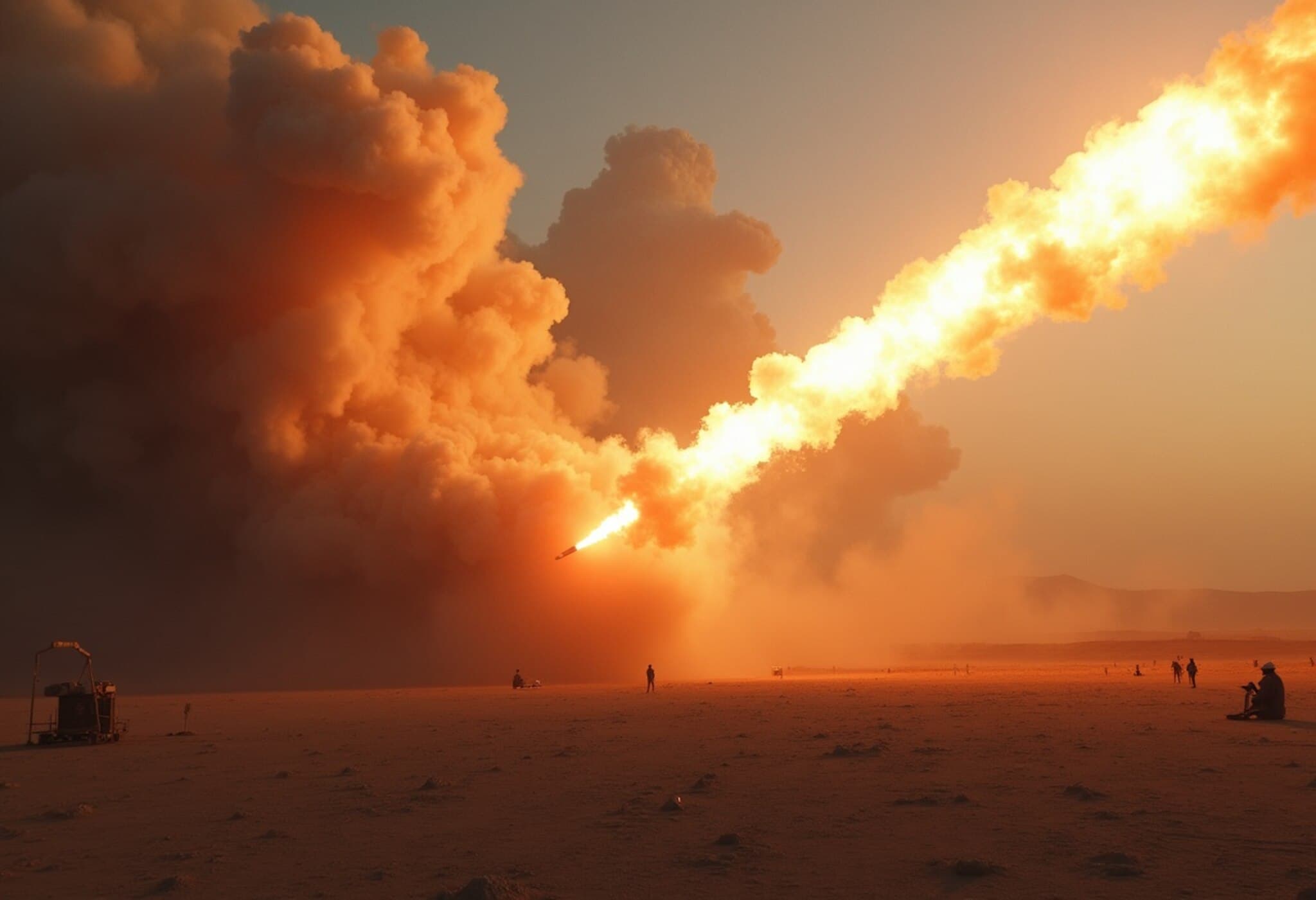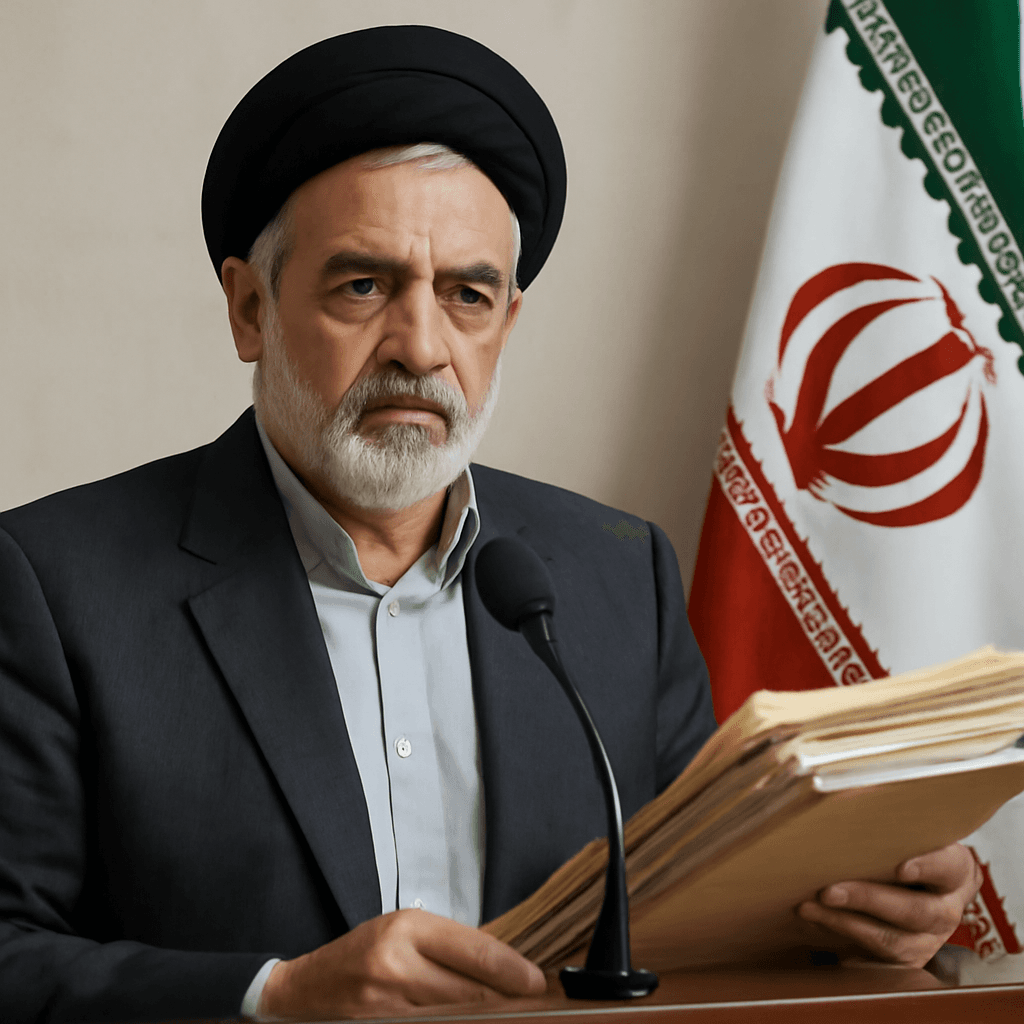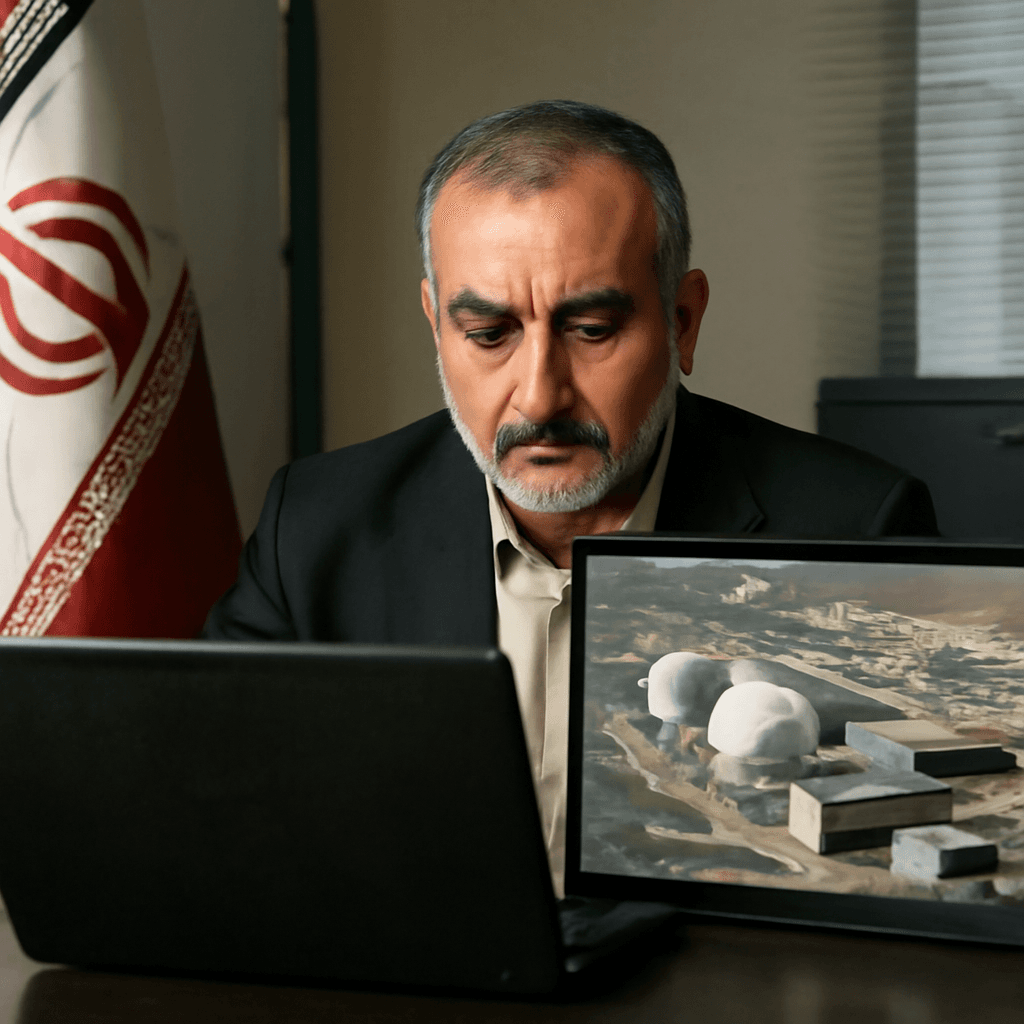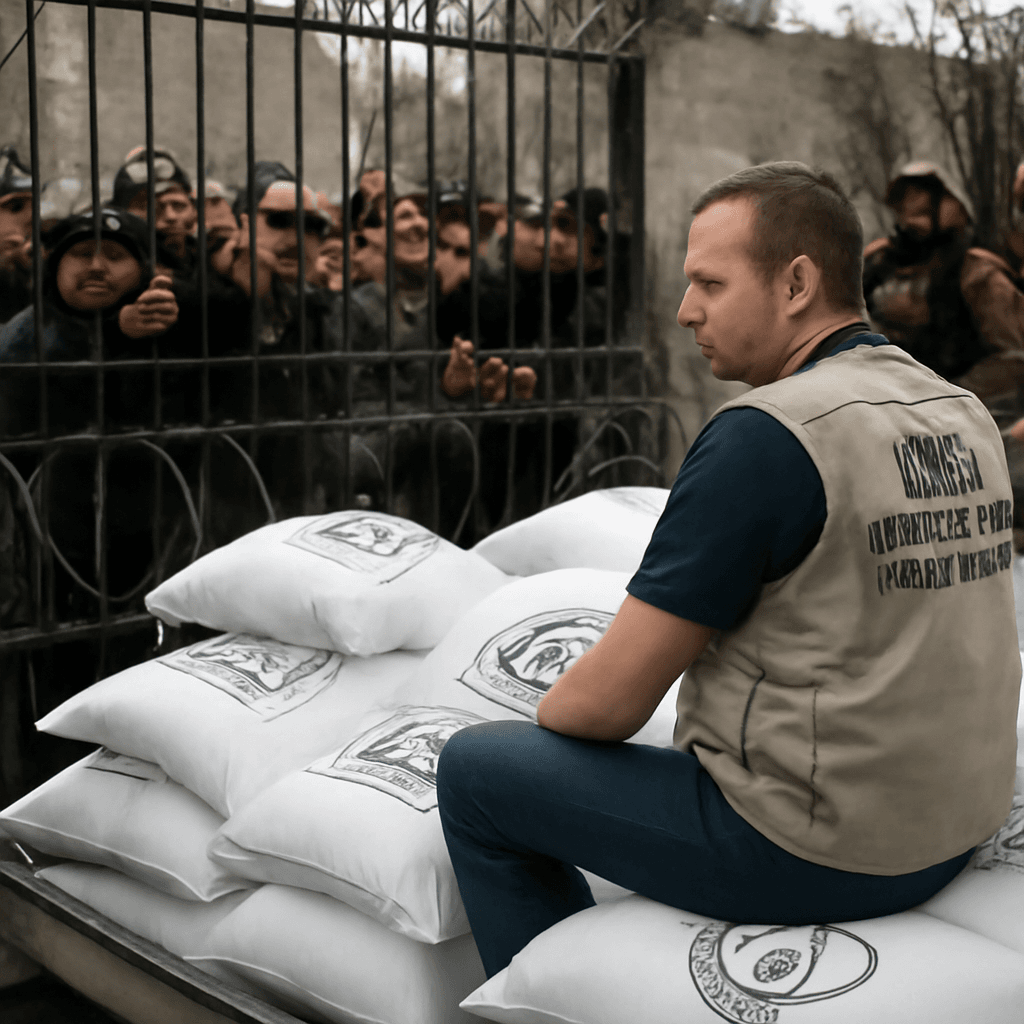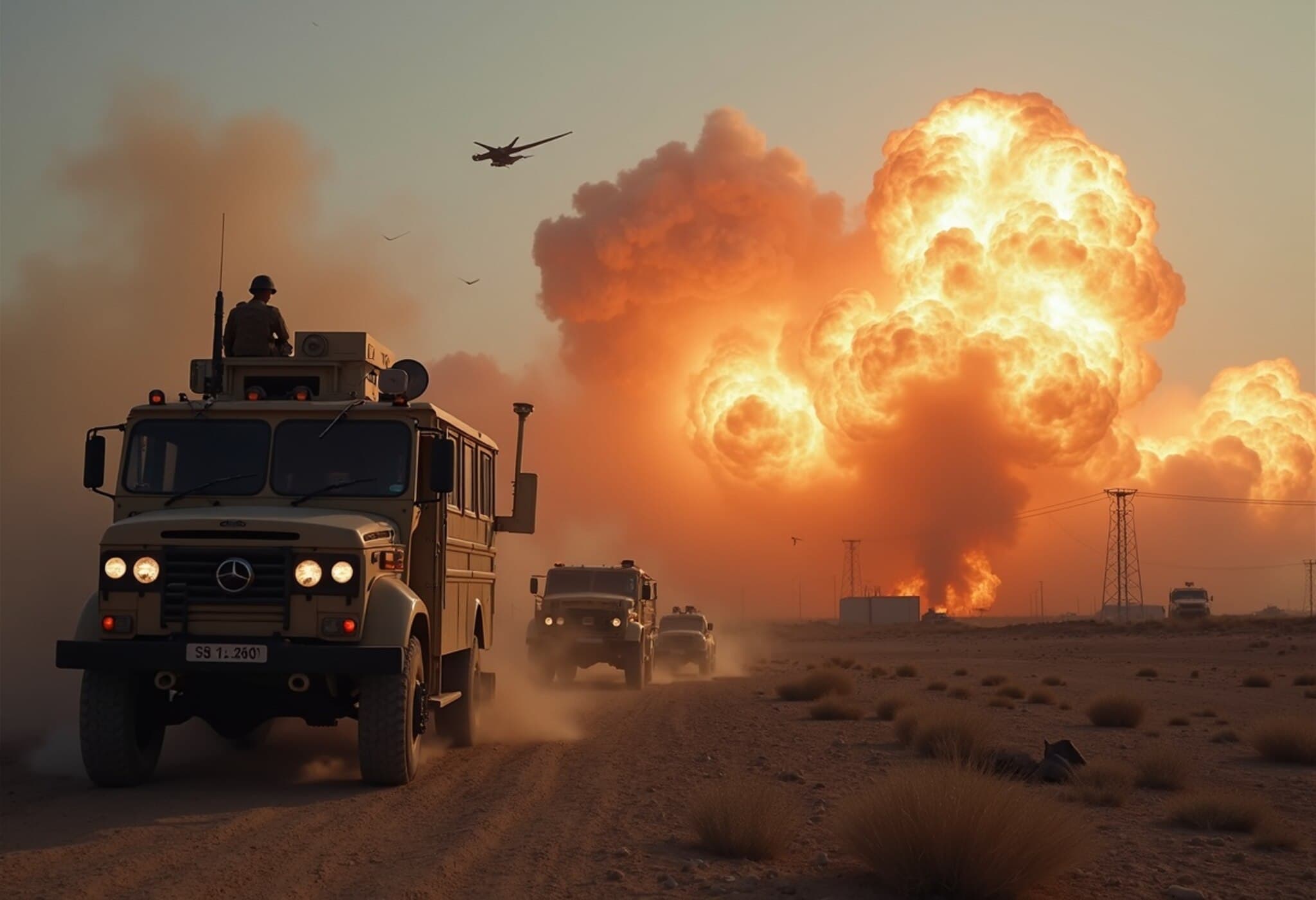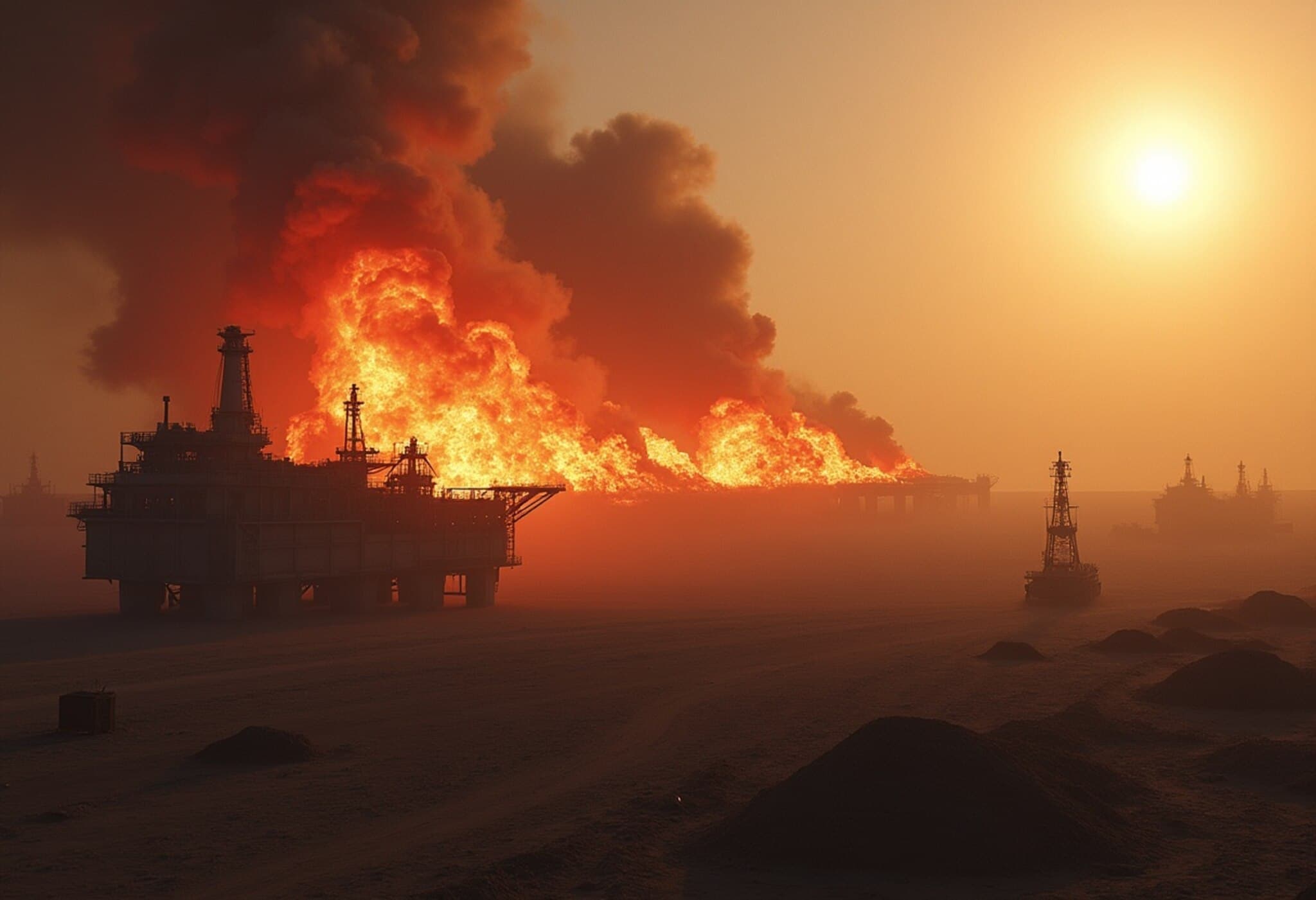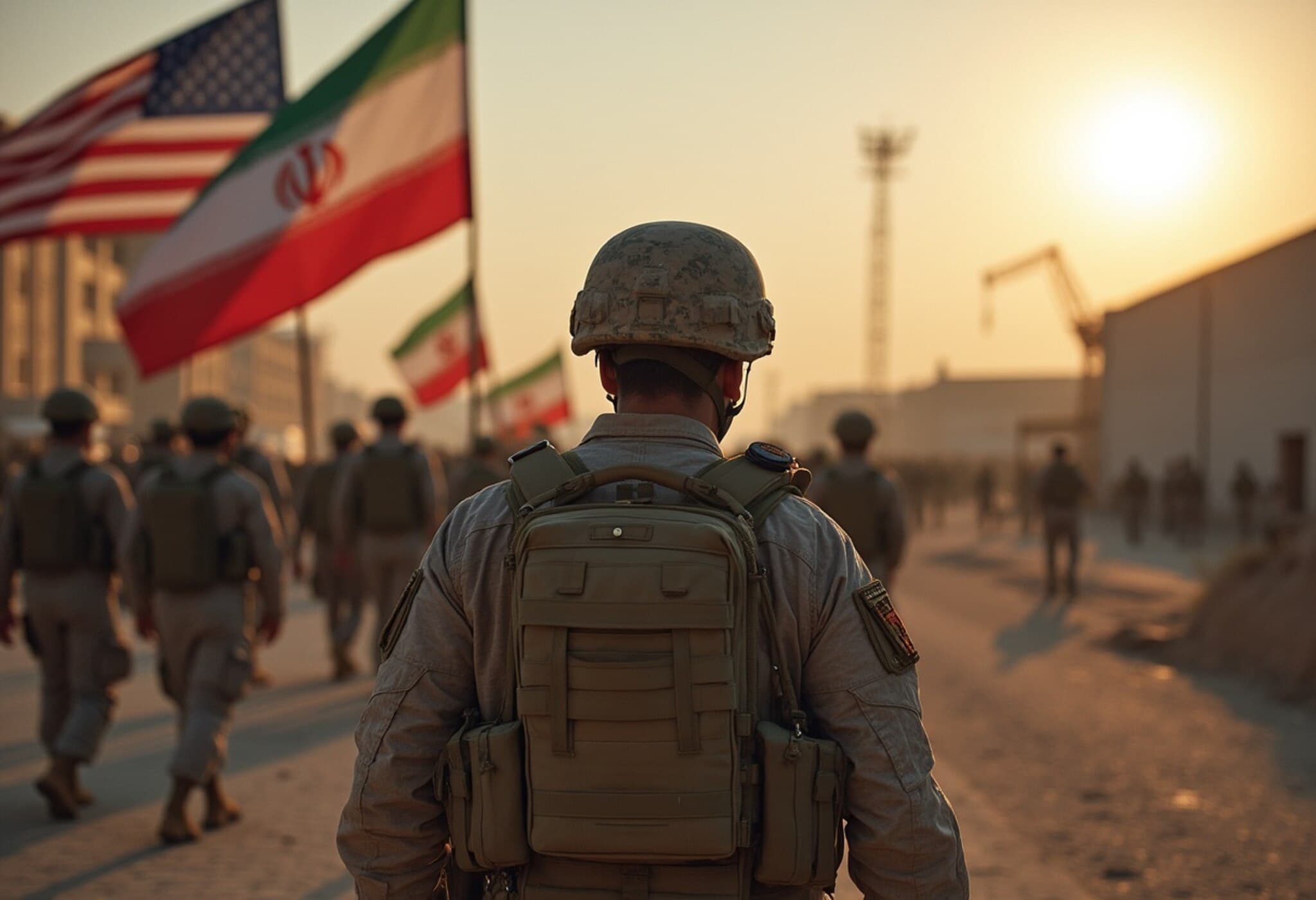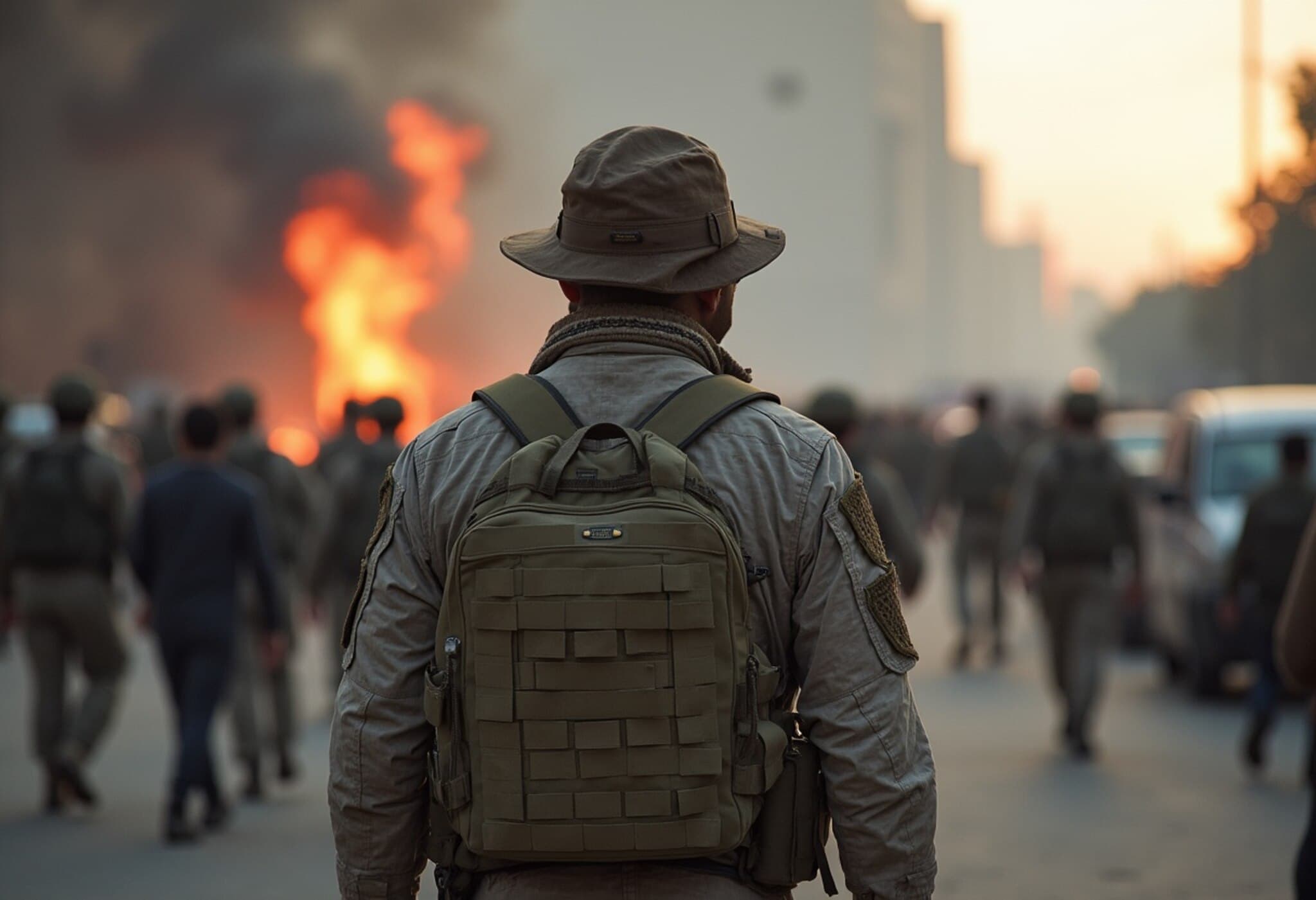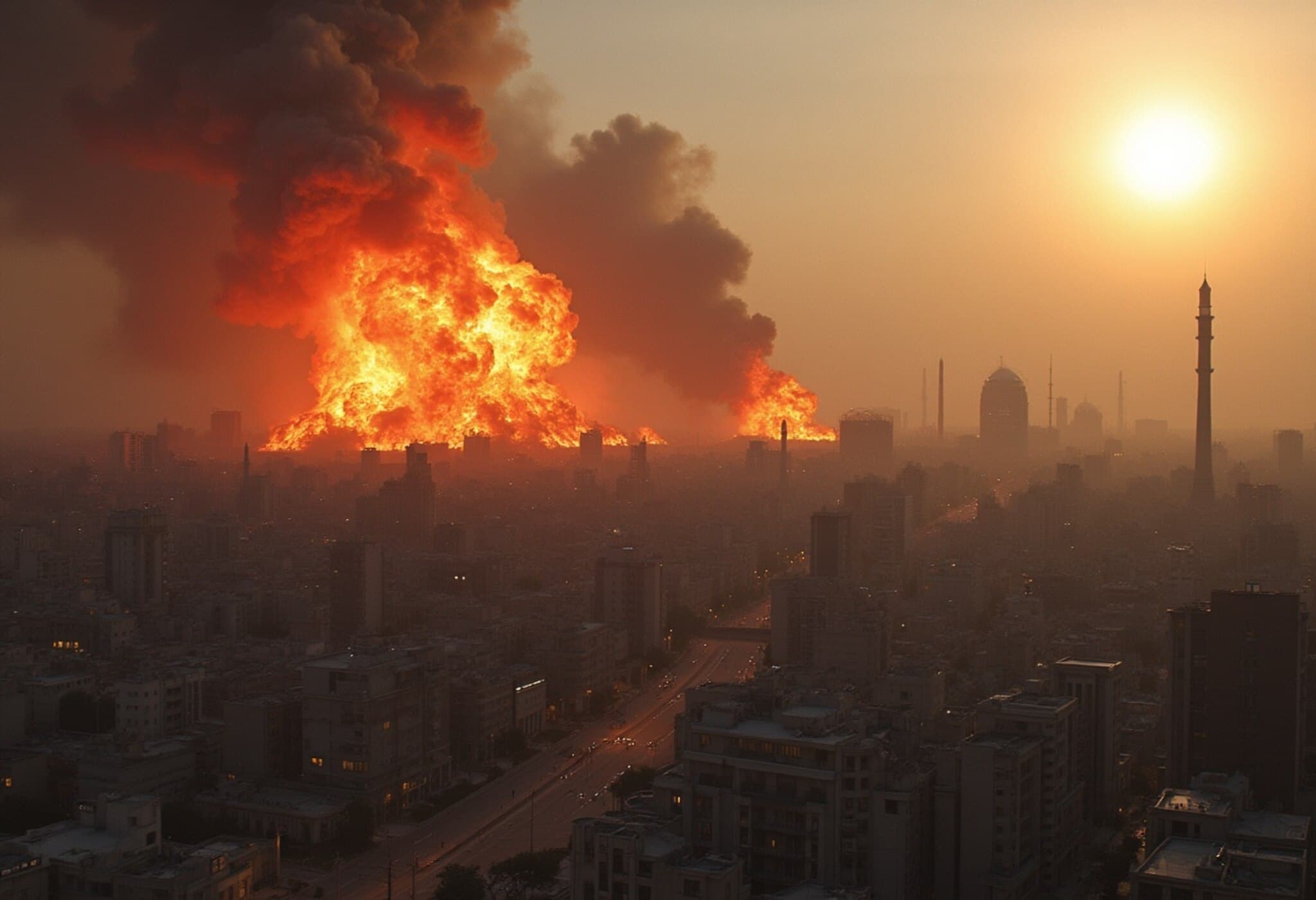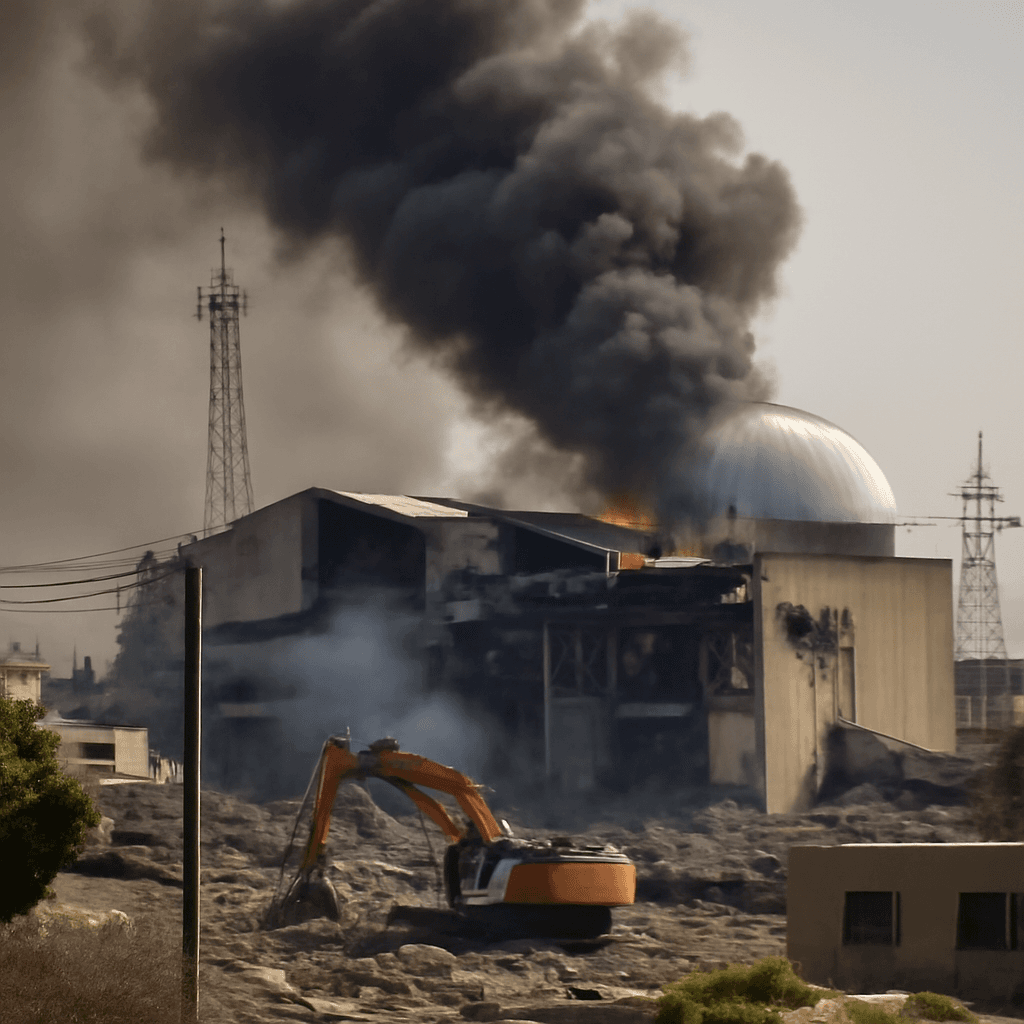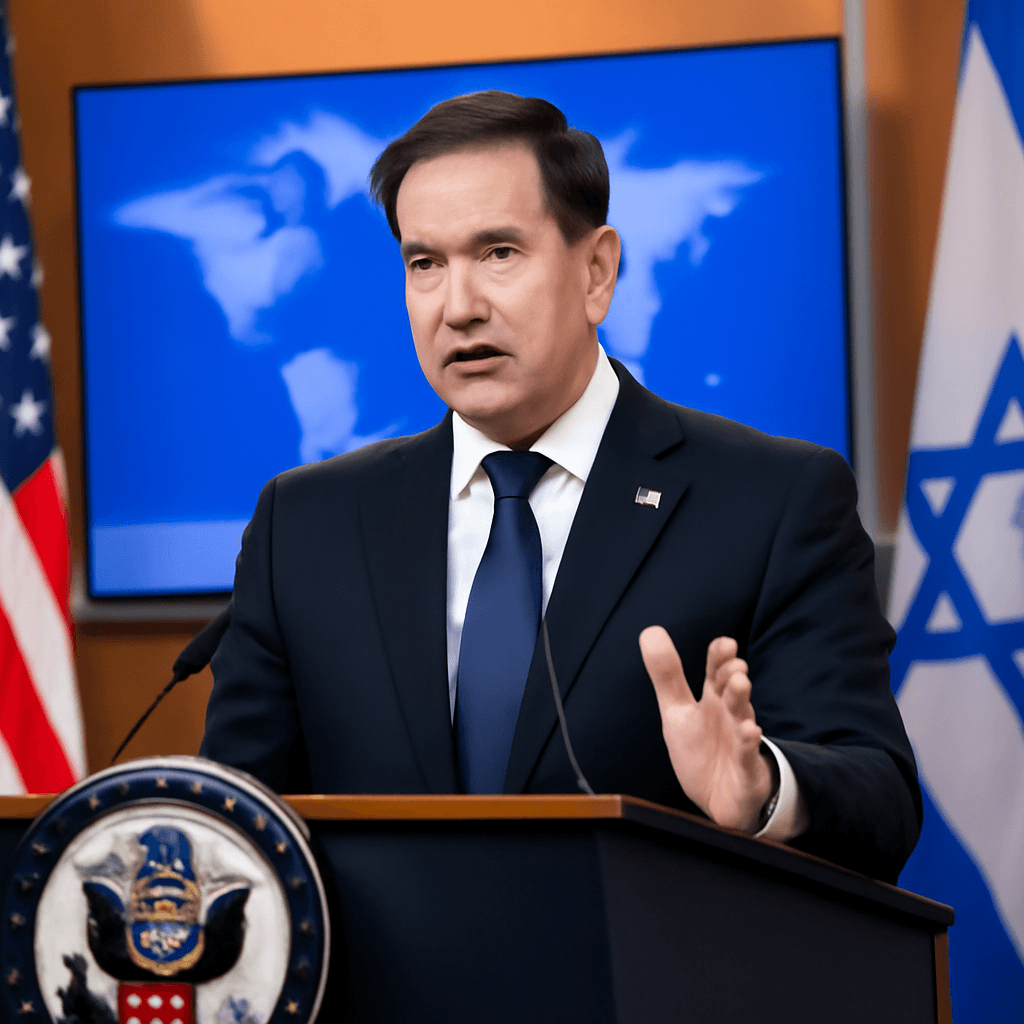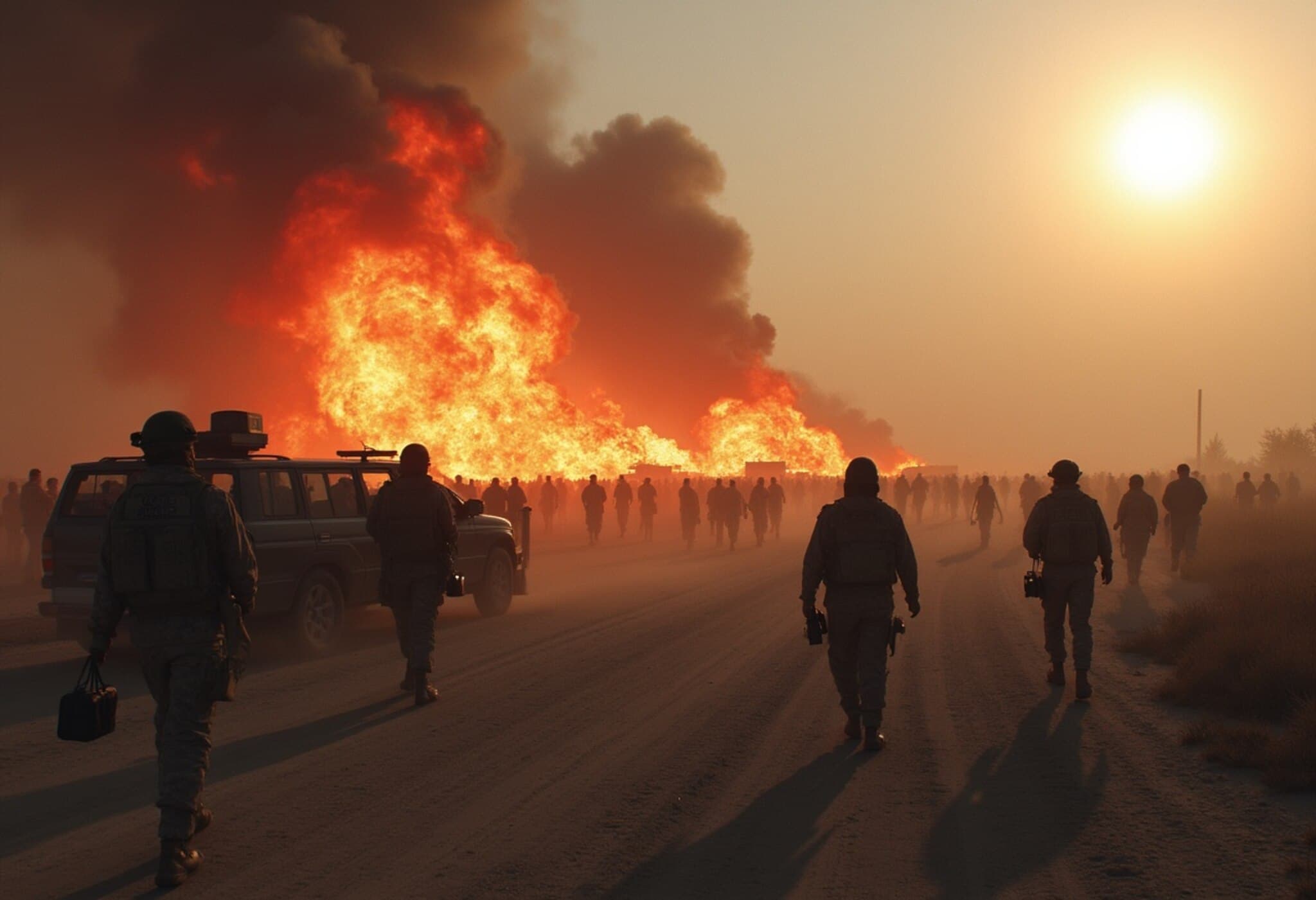Iran-Israel Missile Exchanges Ignite Regional Tensions
In a dramatic escalation of hostilities, Iran and Israel have launched multiple missile strikes against each other following Israel’s "Operation Lion," initiated early Friday. Israeli Prime Minister Benjamin Netanyahu described the campaign as a "targeted military operation" aimed at neutralizing what he termed an existential threat posed by Iran.
Targeted Strikes and Retaliation
Israel’s attacks focused on military and nuclear facilities, reportedly eliminating key figures within Iran’s Revolutionary Guard and nuclear program leadership. Among those reportedly killed were the heads of Iran’s armed forces, including Hossein Salami and Mohammad Bagheri. Iran responded with its own missile barrages, many intercepted by U.S. defenses and Israel’s Iron Dome system, though some strikes reportedly reached strategic targets like the Israeli Defense Forces headquarters in Tel Aviv.
Five Major Impacts of the Iran-Israel Conflict
1. Sharp Surge in Oil Prices
The renewed conflict sent shockwaves through global oil markets, with prices spiking over 9% in the immediate aftermath. Brent crude climbed to a five-month high above $78 per barrel. Iran, producing around 3.3 million barrels per day and exporting roughly 1.5 million barrels, plays a crucial role in global oil supply, with China and Turkey among its largest customers.
The strategic Strait of Hormuz, through which over 20 million barrels of oil transit daily, lies directly adjacent to Iran. Past threats by Tehran to block this route have further unnerved markets, raising concerns over sustained disruptions should the conflict intensify.
2. Disruption of Commercial Airspace
Israel’s missile strikes forced immediate closures and rerouting of civilian air traffic across the Middle East. Flight-tracking data captured massive diversions as aircraft from Europe and Asia avoided Iranian airspace, altering established routes and creating logistical challenges. For example, an Air India flight from Mumbai to London had to return mid-flight due to airspace closures, and at least a dozen flights were either canceled or rerouted.
Both Iran and Israel have since imposed lockdowns on their airspaces, amplifying the disruptions to international aviation, lengthening flight times, and increasing fuel consumption for many carriers operating in and across West Asia.
3. Breakdown of Nuclear Negotiations
In the wake of the attacks, Iran declared nuclear talks with the United States "meaningless," accusing Washington of complicity in Israel’s strikes. Tehran condemned the U.S. for authorizing military action on Iranian soil, effectively closing doors on diplomatic engagement for the time being.
Meanwhile, the U.S. has denied involvement, urging Iran to resume talks despite the heightened tensions. This diplomatic deadlock further raises the stakes for a prolonged crisis in the region.
4. Escalation of Multi-Front Conflict in West Asia
The Israel-Iran confrontation is not isolated; it is linked to broader unrest rooted in prior conflicts, such as the Hamas attack two years ago. Israeli operations have extended against Iran-backed groups like Hezbollah and the Houthis, opening multiple fronts across nations including Lebanon and Yemen.
This ongoing violence has reverberated across neighboring countries, causing missile debris to land in southern Syria and prompting Jordan to scramble jets to secure its airspace. The risk of a wider war involving regional and global powers remains a concern.
5. Potential for Increased U.S. Military Involvement
U.S. officials have confirmed assisting with missile interceptions targeting Israel, signaling an already active but behind-the-scenes role. Should the conflict spiral further, direct American military engagement appears increasingly likely, carrying significant geopolitical implications.
Looking Ahead
The Iran-Israel conflict is reshaping the dynamics of the Middle East, impacting energy markets, aviation, and the fragile diplomatic landscape. With civilian lives, international commerce, and global peace at risk, the developments warrant close attention as tensions show no sign of abating.

